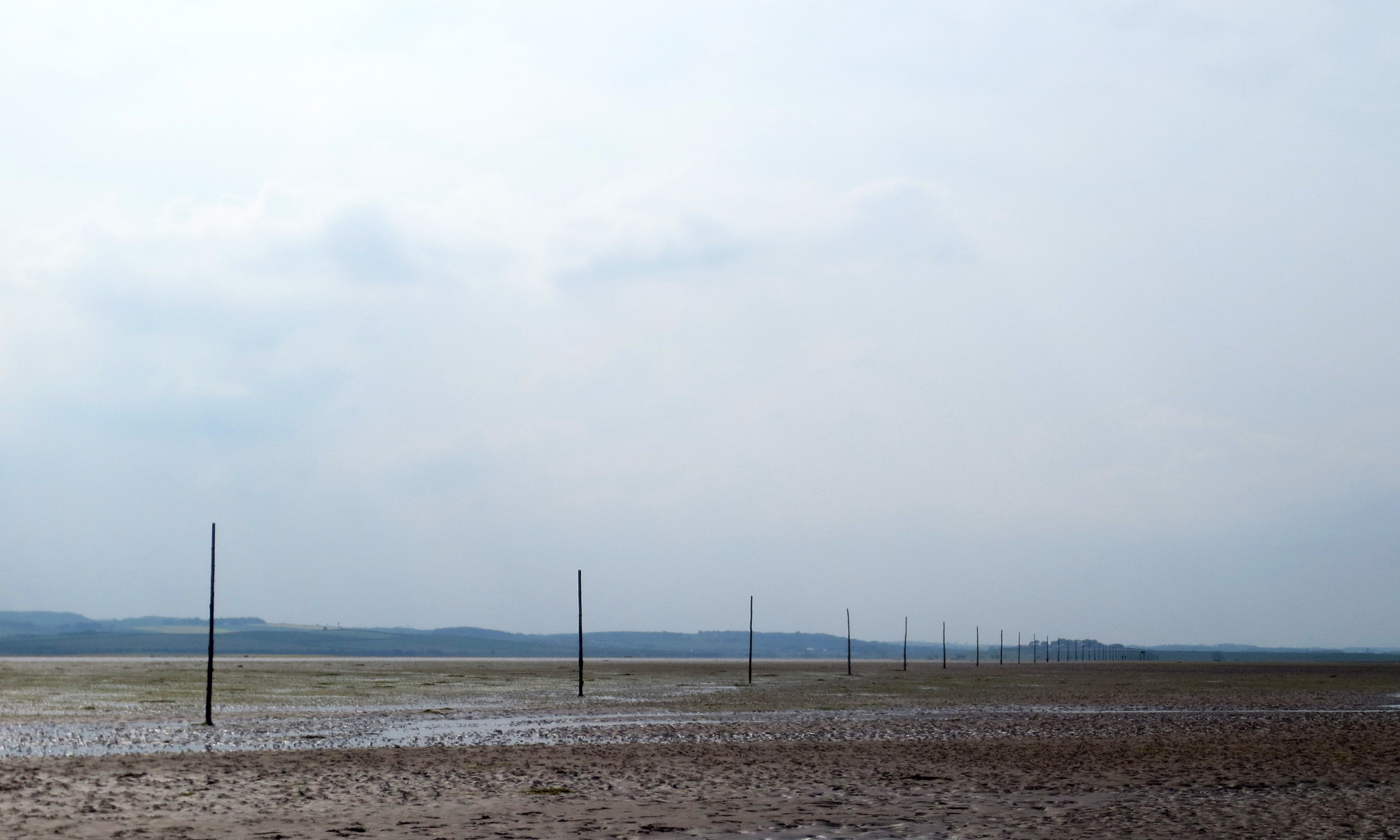Here’s next Sunday’s Lectionary. It starts like this… (Acts 7:55) ‘But filled with the Holy Spirit, he [Stephen] gazed into heaven and saw the glory of God and Jesus standing at the right hand of God. “Look,” he said, “I see the heavens opened and the Son of Man standing at the right hand of God!” But they covered their ears, and with a loud shout all rushed together against him’.
And then they killed him. They covered their ears, because they did not want to hear what they saw as blasphemy. They didn’t want to hear. Of course, many Christians see the crowd as the ‘baddies’ in this. I want us to consider that there are people all over the world today, ‘covering their ears’. There are books being burnt. According to Wikipedia, ‘The name “Boko Haram” is usually translated as “Western education is forbidden”. Haram is from the Arabic حَرَام (ḥarām, “forbidden”); and the Hausa word boko (the first vowel is long, the second pronounced in a low tone), meaning “fake” which is used to refer to secular Western education.’ Certain kinds of knowledge are outlawed. There are Christians who want to censor what people can read about, hear about or think about. And that’s not necessarily completely out of order. Most people agree it is right to come down hard against child porn, for instance, because of the way children are hurt in its production and the way it feeds the abuse of children.
But, if we Christians are secure enough in our faith (I don’t mean doubt -free), we will not be afraid or learning and knowledge, or of other people’s way of seeing things. The first decades of Christianity grew out of the cultural ferment of the eastern Mediterranean, and we should not be afraid of some cultural fermentation either.
Speaking of fermentation, I might try our last untried bit of old yeast today. It is old, but it’s a different kind from the previous failures, so you never know.
Another nice walk in the early morning, on the far side of the reservoirs, keeping to wide ways on which other people are easily avoided. There seems to be a kind of ‘otherness’ about the world I walk in on these early morning jaunts. It’s hard for people who only have streets.
